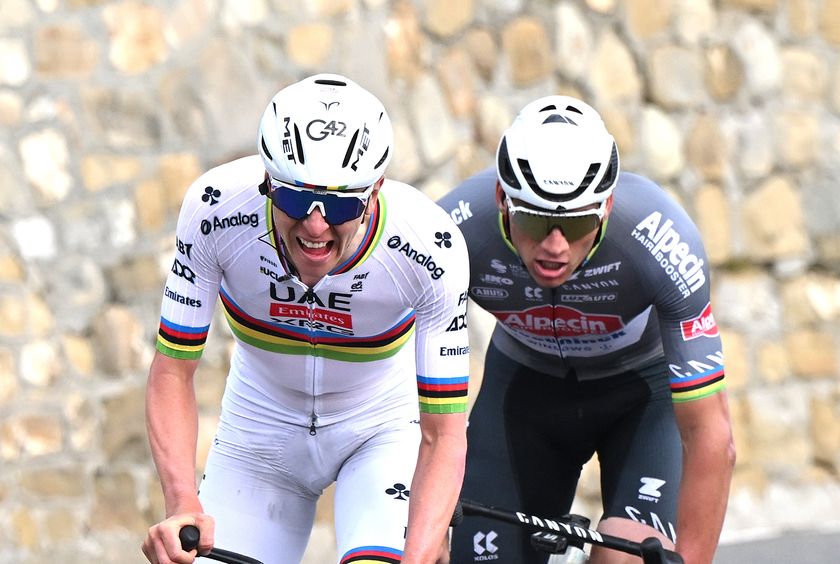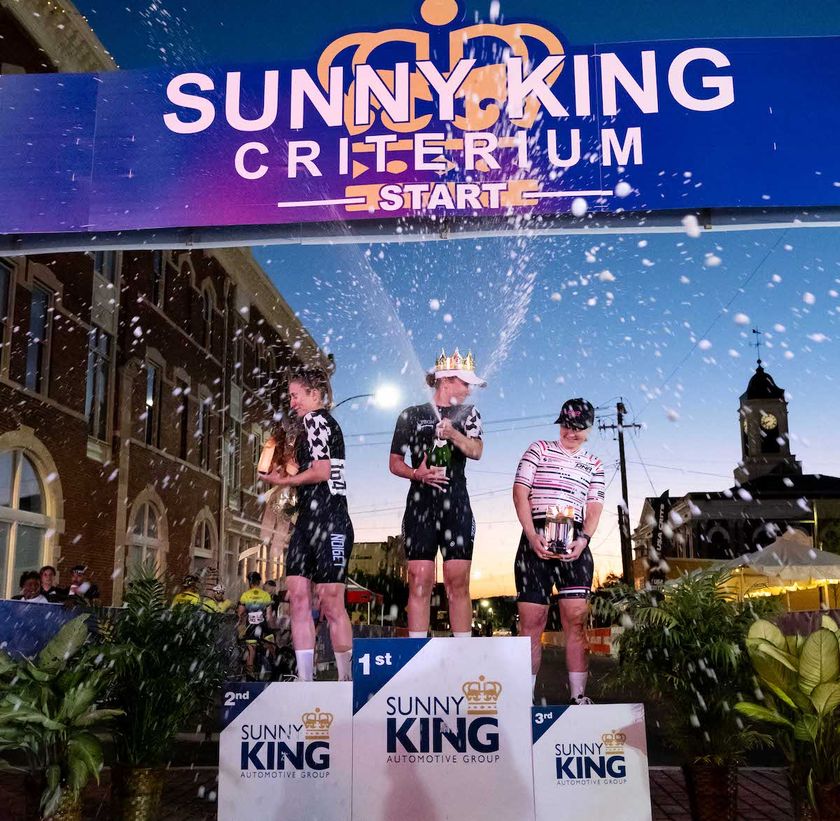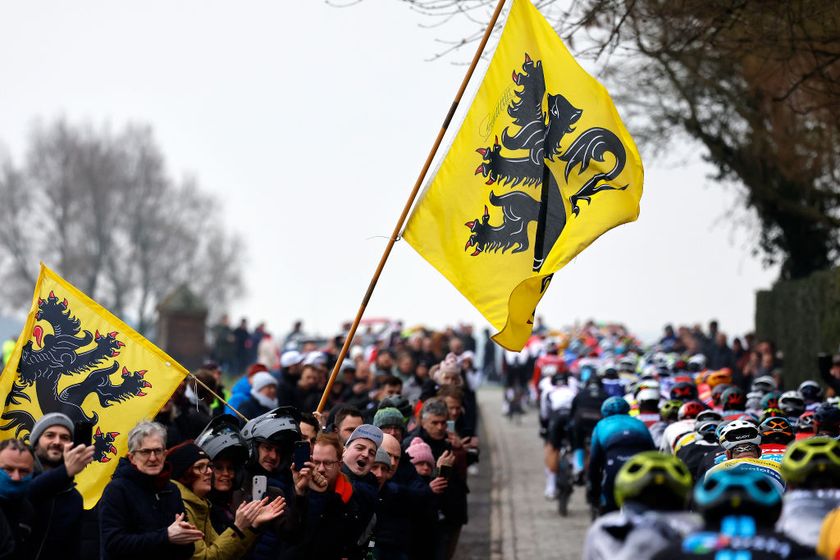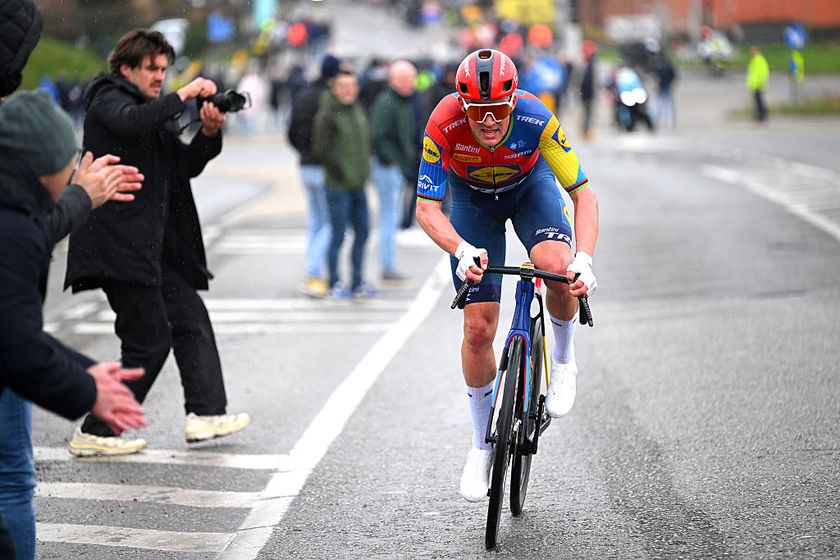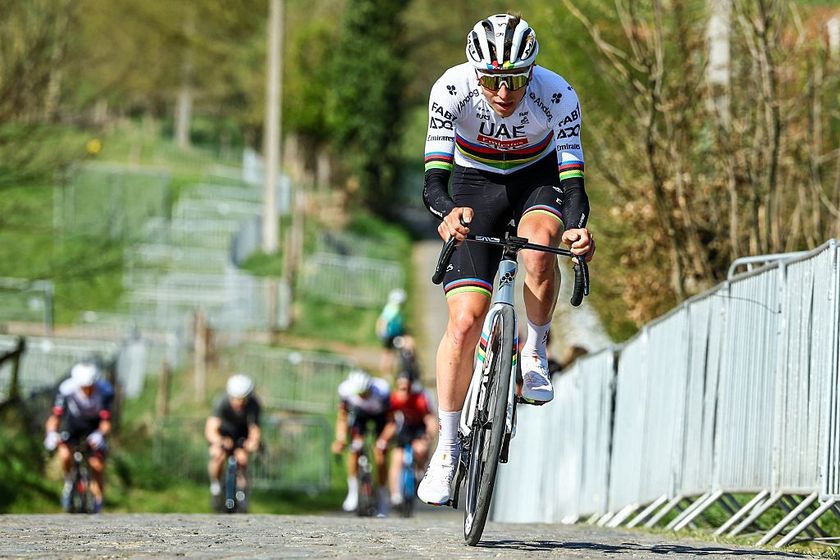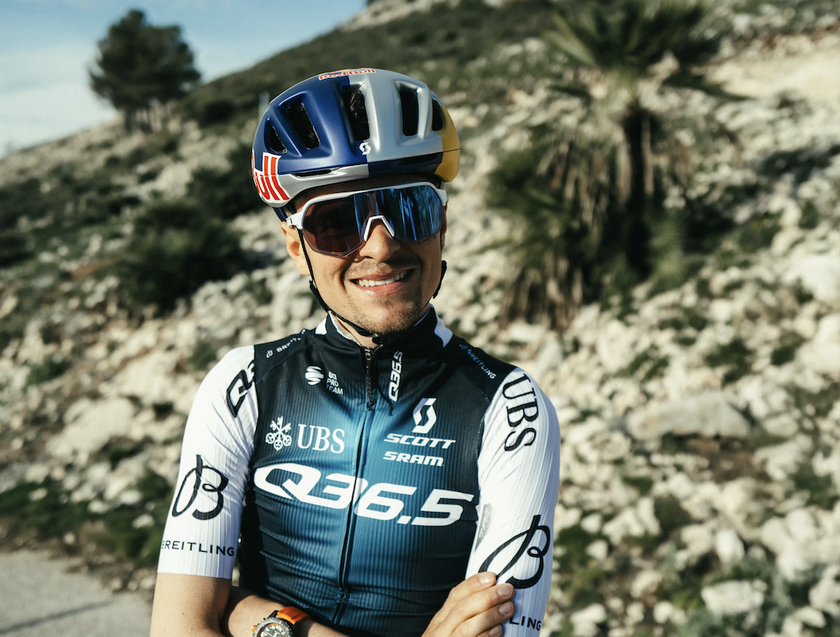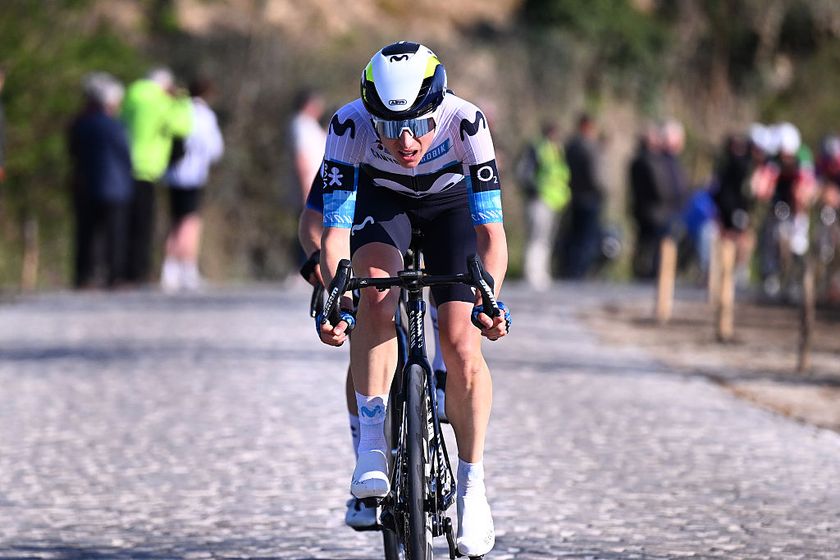WADA pairs with pharmaceutical giant for doping detection
Agreement with GlaxoSmithKline reached for confidential information
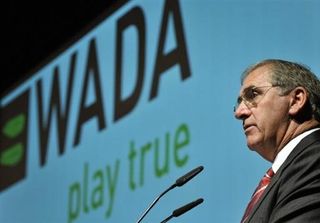
The World Anti-Doping Agency (WADA) announced today that it has signed a long-term agreement with pharmaceutical giant GlaxoSmithKline to get assistance in its efforts to stay on top of detection methods for emerging performance-enhancing drugs.
The agency inked a deal with GSK in London last month which will allow it to have confidential information about products in the early stages of development which have the potential to be used as performance enhancing drugs. That information will allow the agency to develop tests before the drugs can find their way into the hands of athletes.
"GSK has worked with WADA to establish a formal scientific review process within its Research and Development teams to help identify as early as possible drugs with potential for sports-related abuse. This includes regular reviews at key research milestones," the press release stated.
A group of scientists will look for stimulatory effects or improved physical endurance, and any substances showing performance-enhancing characteristics will be flagged for WADA, and data delivered to the agency so it can begin to work on detection methods.
The move follows a trend of cooperation between drug manufacturers and anti-doping authorities that dates back to the 2002 Winter Olympic Games in Salt Lake City, where Amgen helped testers come up with a detection method for Aranesp, the company's erythropoietin compound.
The test, developed with UCLA's Don Catlin, was successful in catching three athletes for doping.
In 2008, when the French anti-doping agency discovered riders using the newest blood booster CERA at the Tour de France, it was the drug's manufacturer Roche that helped to hone the test.
Get The Leadout Newsletter
The latest race content, interviews, features, reviews and expert buying guides, direct to your inbox!
In the past year, a relationship between the two sides has been more formalised, with a joint declaration between WADA and the International Federation of Pharmaceutical Manufacturers and Associations being signed in July 2010.
"Our work with the pharmaceutical industry is critical to staying one step ahead of the dopers, who have an ever increasing level of scientific expertise," said WADA president John Fahey. "We are delighted to be entering into this partnership with GSK as it will play a significant role in helping WADA achieve its mission of a doping free sporting culture."
Along with this agreement, GSK is also the Official Laboratory Services provider for the 2012 Olympic and Paralympic Games in London. Patrick Vallance, senior vice president of the company's Medicines Discovery and Development acknowledged that the potential for abuse of medicine by athletes is always there, but that he hopes "our contribution of laboratory services to the London 2012 Games and this longer term partnership with WADA will demonstrate the positive role that science can play within sport and contribute to protecting the health of athletes involved."
